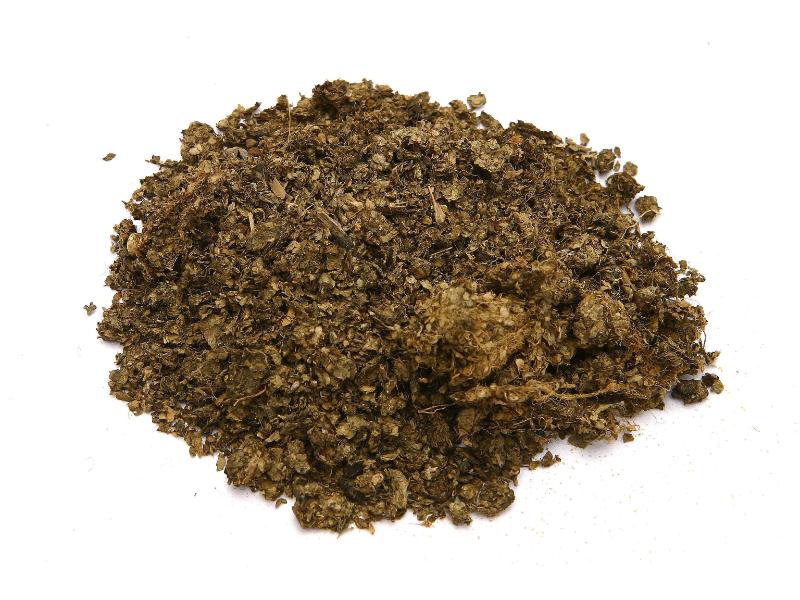Search in medicinals
Spirodelae Herba
Duckweed
浮萍 〔浮萍〕 fú píng

Alternate English names: great duckweed
Alternate Chinese names: 萍 píng; 水萍 shuǐ píng; 水花 shuǐ huā; 薸 piāo; 小萍子 xiǎo píng zǐ; 水藓 shuǐ xiǎn; 九子萍 jiǔ zǐ píng
Kingdom: Plant
Origin in PRC Pharmacopoeia: Spirodela polyrrhiza (L.) Schleid. (PRC Pharmacopoeia)
Origin in unofficial sources: Spirodela polyrrhiza Schleid.* [= Lemna polyrrhiza L.]; Lemna minor L.
Use: Medicinal
Category: Exterior-resolving agents / Cool acrid exterior-resolving agents
Properties: Acrid; cold.
Channel entry: Lung and bladder channels.
Actions and indications:
- Promotes sweating and resolves the exterior: External contraction of wind-heat with heat effusion and absence of sweating.
- Outthrusts papules and relieves itching: Measles papules failing to erupt and the itchy papular rash of German measles (wind papules).
- Disinhibits water and disperses swelling: Water swelling and inhibited urination.
Dosage and method: Oral: 3–10g in decoctions.
Warnings: Do not use to treat exterior vacuity with spontaneous sweating.
Notes: Frequently, the product sold as fú píng in the West is not the plant listed in the Chinese pharmacopoeia, but rather is Pistiae Herba (from Pistia stratioides), a common substitute in Southern China. Also known as dà fú píng (大浮萍), Pistiae Herba has the same nature and flavor as fú píng (Spirodelae Herba), but it has slightly different actions and indications. Dà fú píng (Pistiae Herba) cools and quickens the blood, and also disinhibits urine and expels dampness. It treats dormant papules (urticaria), cinnabar toxin (erysipelas), water drum, damp sores, injury from knocks and falls, and innominate toxin swellings (localized pain and swelling that suddenly appears on any part of the body). It is decocted at a dose range of 9–15g and may also be applied topically as a wash.
Production area: Shānxī and Héběi.
Back to search result Previous Next